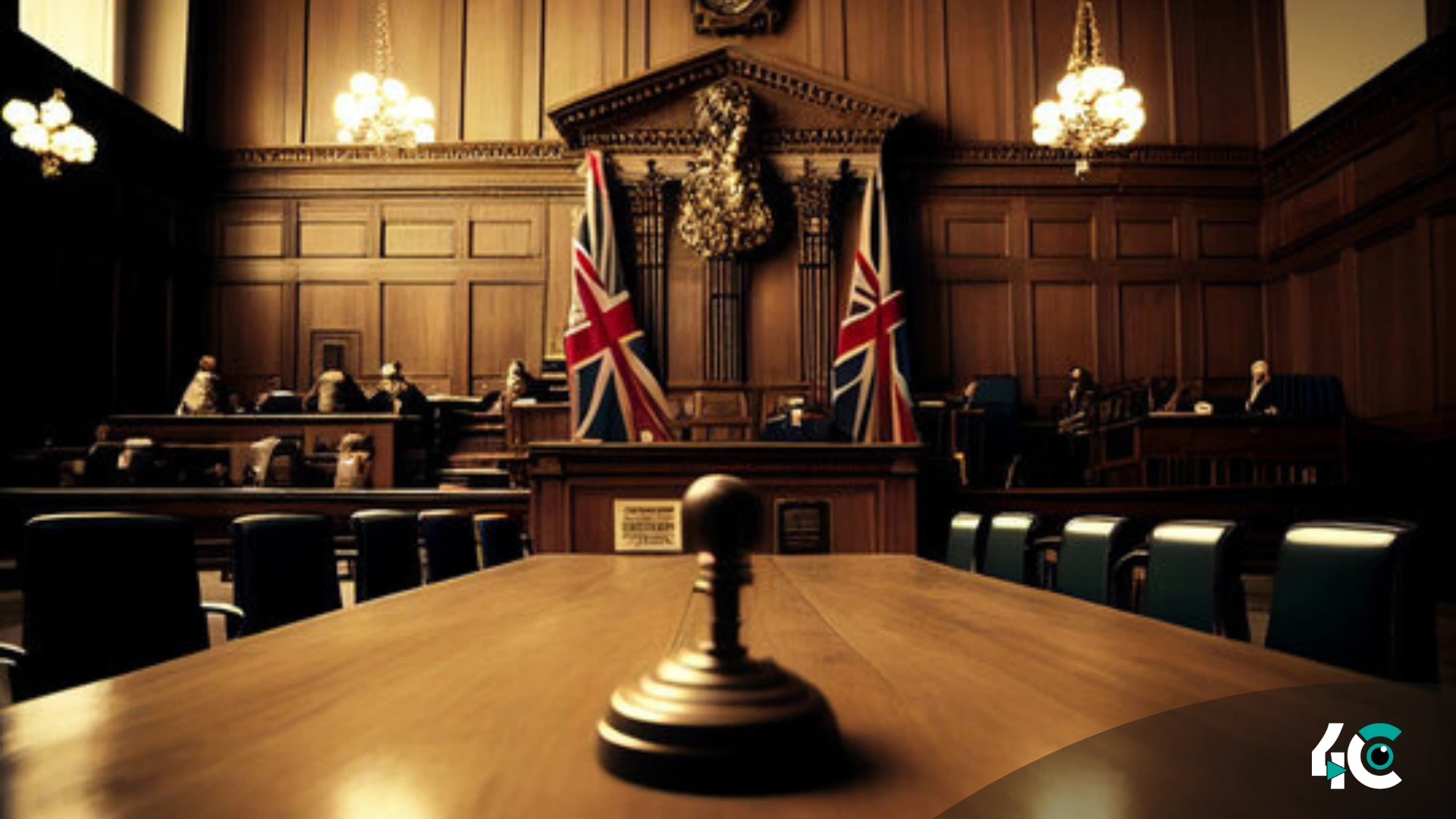The UK Court says in Landmark Ruling that Tether is property.
The United Kingdom High Court made a major ruling when it said that Tether (USDT) is property under English law. This decision, made on September 12, is the first time that English law has talked about the legal standing of cryptocurrency after a full hearing.
The case was about a scam victim whose cryptocurrency, including Tether, was stolen and used to pay for other things on different swaps and mixers. Deputy Judge Richard Farnhill said that Tether should be thought of as property. He said that it is a unique type of property that can be tracked and held in trust, just like other types of property.
This decision agrees with earlier court decisions and new studies from the England and Wales Law Commission that say digital assets are property.
Fabrizio D’Aloia brought the case to court to get back stolen goods, such as 400,000 USDT that was linked to the Thai exchange BitKub. But D’Aloia couldn’t show enough proof that BitKub had gained from the stolen Tether because crypto mixers made it hard to see the transaction history.
BitKub’s lawyer, Nicola McKinney of Quillon Law, said that the court understood that it might be possible to track assets through mixed pools, but D’Aloia hadn’t shown a clear connection between his stolen USDT and BitKub’s wallet.
This decision shows how important strong proof is in cryptocurrency cases. The decision came the day after the UK government passed new laws that make it clear that digital assets, like cryptocurrencies and NFTs, are “personal property” under property laws.
The UK has been tightening its rules on cryptocurrency. The Financial Conduct Authority (FCA) now requires firms to register and follow new rules that are meant to stop money laundering and protect consumers. Not following the rules can lead to harsh punishments like fines and jail time.



























